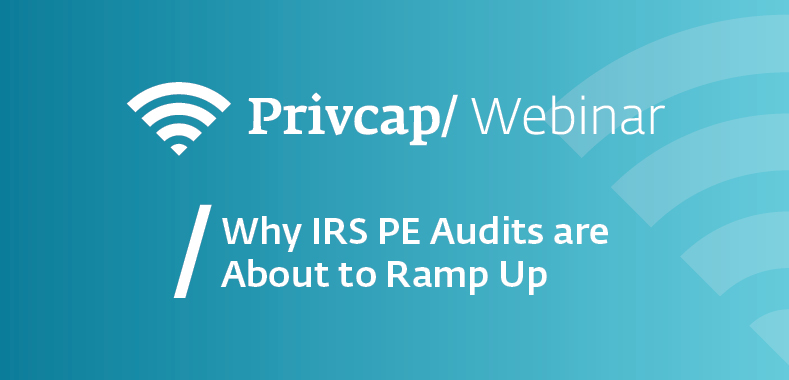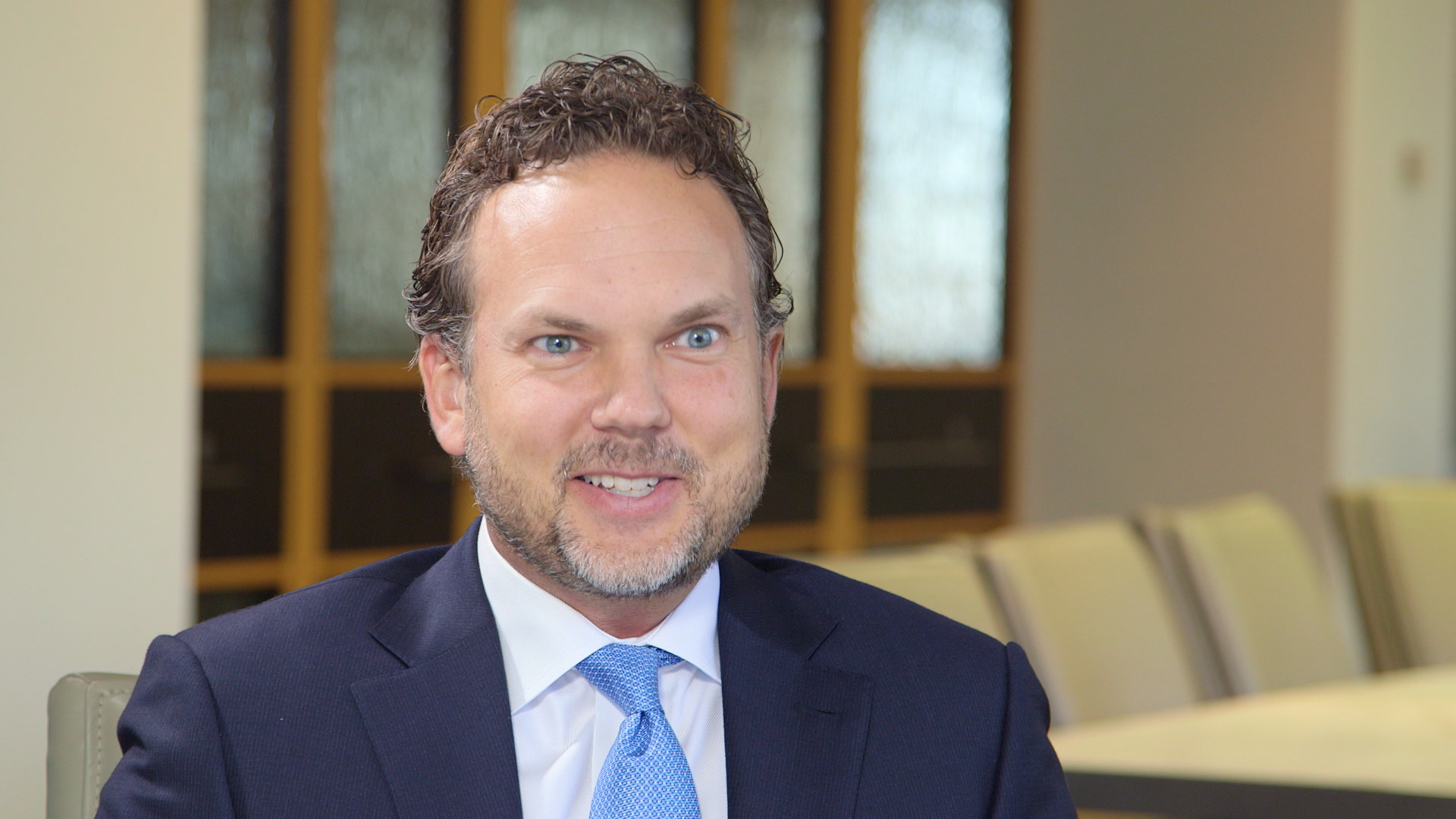How PE Can Get Past ESG Roadblocks
Although there’s no set monetization or regulatory mandate for ESG, a pre-acquisition screening can uncover more about a company than PE might realize
There are two common roadblocks to implementing an environmental, social, and governance program at a private equity firm: no regulatory mandate or solid way to monetize results.
Although due diligence assessment of ESG matters is still in its early days, it is becoming clear that such assessments face several challenges that are not common to other areas of due diligence.
To help deal with these challenges, Ramboll Environ has developed an ESG screening process that can be used in due diligence of a potential portfolio company. “We had to develop processes that are efficient, yet still produce actionable results, while not being overly intrusive in the operations of a target company,” says Adam Johnston, a Principal and Due Diligence Practice Network Leader for the Americas at Ramboll Environ.
Ramboll Environ—a unit of the Danish global consulting engineering group Ramboll that is focused on creating livable and sustainable urban development solutions in cities around the world—is one place that companies or, increasingly, private equity firms turn to when they consciously want to take steps to meet investor demands to evaluate and improve on ESG performance of portfolio companies.
The level of access they generally get during the diligence process gives them the ability to look at ESG within a company in an efficient manner, says Alan Kao, a Principal and Global Service Line Leader for Compliance, Strategy & Transaction Services.

Some of the things that might be looked at when evaluating a company’s ESG performance are whether there are environmental management systems in place, the amount of greenhouse gas emissions, water use, or product-stewardship issues; on the social side, they look at the worker health and safety program and its performance, the resources dedicated to stakeholder and community relations, and a human rights program if it’s applicable.
Kao says that the ability to conduct an ESG screening of a target company depends on the circumstances of the due diligence process. “As a rule, we can learn a lot more during an exclusive deal than in an auction situation. In an auction, even if exclusivity is eventually given, the issues that you can explore during the diligence period are limited by the seller. It’s not unusual to find ESG-related requests might be delayed. However, if we’re able to visit the site or have a conference call with management, you can learn a lot about a company and where they stand on ESG issues.”
As an example, Kao points to a recent ESG screening on a pipeline construction deal. “From diligence, we recognized that engagement was low for certain stakeholder groups, and opposition to the project would be high. There was a strong likelihood that the schedule would be delayed due to litigation and public opposition. Our client went into this deal with an awareness of these issues and prepared for such potential opposition.”
If there is no formal ESG program in place, the first 100 days after acquisition is when there is the greatest propensity for a company to change and implement one, Johnston says. If there is a program, many times it’s underoptimized. In some cases a company is capturing one type of ESG opportunity, but not others.

“For example, when energy prices were high, a lot of industrials were taking a closer look at energy use and how they could improve energy efficiency,” Johnston says. “But they may have missed other opportunities related to water use or other ESG areas. They may have inadvertently focused on certain ESG areas while missing others because they don’t have formal program in place.”
Kao agrees, and says that for those companies without a formal ESG program, they’re looking at things like reducing water use and substituting raw materials with third-party waste byproducts because they make good business sense. “They’re doing what we like to call ‘random acts of sustainability,’ but not under the umbrella of an overarching ESG program. That’s what private equity can bring to companies—a formal approach to evaluating the risks and opportunities with respect to ESG.
“During the first 100 days, they can identify key ESG issues that resonate with the company and its investors and develop realistic KPIs around those issues, establish benchmarks, and prepare action plans that create value.”


